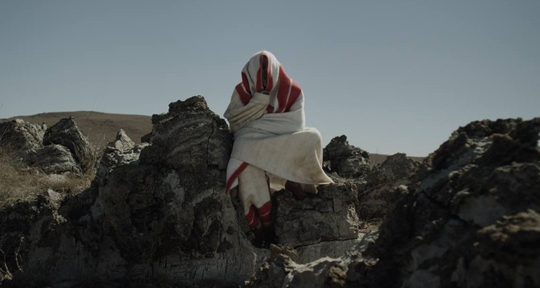This week, our editors report on the literature that testifies to the ongoing genocide in Gaza, new initiatives to promote writing from the Global Majority, and exciting technological initiatives to preserve heritage and indigenous languages across Africa.
Carol Khoury, Editor-at-Large, reporting from Palestine
PEN’s spotlight on Palestinian literature is more vibrant than ever. In a recent dispatch, we featured Children of the Dew by Palestinian writer Mohammed Al-As‘ad, soon arriving in English thanks to translators maia tabet and Anaheed Al-Hardan, and the upcoming anthology Palestine – 1 (Comma Press, October 2025), which reimagines the 1948 Nakba through speculative fiction. Now, English PEN and the Booker Prize Foundation have announced the six winners of the brand-new “PEN Presents x International Booker Prize,” designed to support translators from the Global Majority. Among the winners are two Arabic-language books: the Sudanese title Ireme by Stella Gaitano, translated by Mayada Ibrahim and Najlaa Eltom, and the Palestinian title Playing with Soldiers by Tariq Asrawi, translated by Anam Zafar. As both Sudan and Palestine are sites of enduring crimes against humanity (to say the least), this announcement reminds us that literature is a profound test of our shared humanity. Both works have world English rights available, promising more stories—not only devastating news—for global audiences.
While Gaza City may be facing unimaginable challenges as we read and write these lines, the people of Gaza are definitely not off the map; they’re not “there,” they’re very much “here.” They’re making their voices heard loud and clear through literature that bursts with resilience and hope. Further evidence of this exists in We Are Still Here: An Anthology of Resilience, Grief, and Unshattered Hope from Gaza’s University Students, which gathers raw, courageous stories, poems, essays, and testimonies from students now living through unimaginable trauma. Edited by Jacob Norris and Zahid Pranjol, these pieces are like snapshots of real-time courage, proving that words can be a powerful act of survival and hope. READ MORE…


